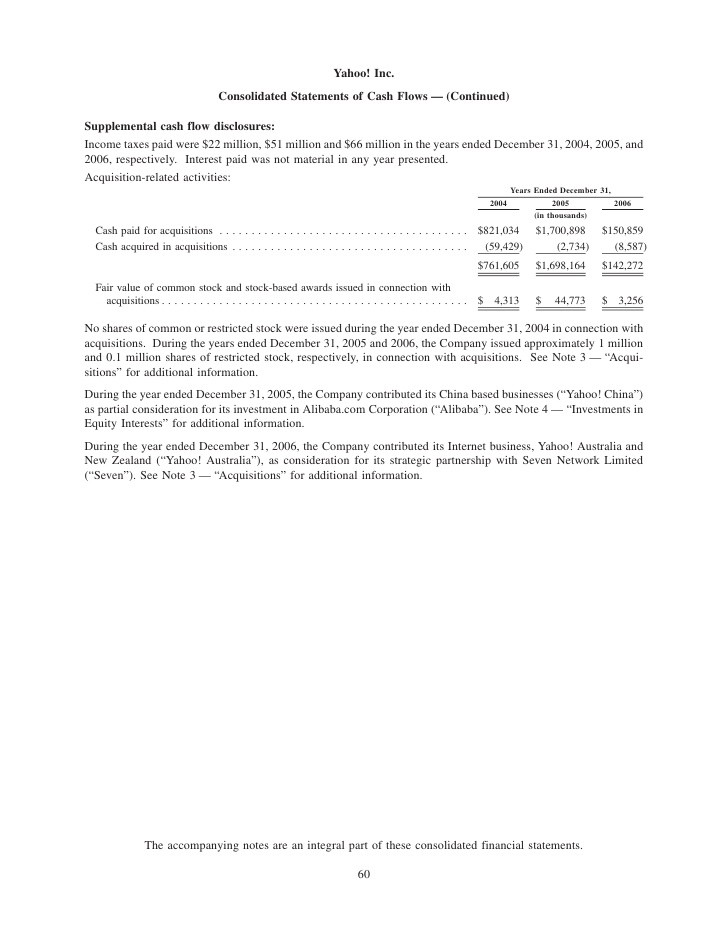Evaluating Green Equity Investments Yahoo She Philippines
Post on: 5 Май, 2015 No Comment

Climate change is an environmental topic that nearly everyone is familiar with, but it isnt the only environmental concern. On the other side of the coin, everything that relates to the environment isnt always full of bad news. In fact, heightened awareness of environmental concerns has fostered a wave of technological innovation, given birth to a variety of new businesses and transformed many aspects of the way business is done. It has also changed the way many of us live. With nearly every one of those changes comes opportunity, and for equity investors, there are several easy ways to invest in these opportunities.
Mutual funds provide an easy way to go green. From socially responsible funds that include green companies in their portfolios to funds that exclusively focus on green companies, there are many possibilities to consider. Some funds focus on large cap companies, while others stick with small caps.
Investment strategies also run the gamut, with some fund managers investing in firms that engage in the best environmental practices for their respective industries, which can include business that you wouldnt necessarily expect, such as oil companies and large computer manufacturers. While these companies may not fit your definition of green, they may be the best of the bunch when compared to their peers.
Of course, plenty of managers focus on the green space, investing in companies that are actively seeking to reduce their impact on the environment by reducing their carbon footprints, engaging in environmentally friendly business practices, or creating the tools and technologies that represent the cutting edge in terms of efforts to combat global warming and reduce dependence on fossil fuels.
Simply check out the funds stated philosophies and strategies, choose the fund that supports your beliefs and youve got an entire green portfolio ready and waiting.
Exchange-Traded Funds
Exchange-traded funds (ETFs) provide another way to go green. Unlike mutual funds, in which actively managed portfolios provide an opportunity for investment managers to implement their best ideas and change the portfolio as necessary, ETFs are passively managed investments that often track benchmark indexes. In the green space, there are ETFs that track indexes related to producing green and renewable energy, the transition from old to new technologies, nuclear power, technological innovation and more. Numerous choices are currently available and more are in the works.
A general rule for comparing ETFs is to take a close look at each funds expense ratio and trading volume. A low expense ratio is good news; it reduces the amount you will pay over time to remain invested in the fund. An extremely low trading volume may not be such a good idea because some of the smaller ETFs may be relatively illiquid, and this may make it difficult to get out of your position .
If you prefer to build your portfolio one company at a time, individual stocks provide plenty of opportunities to choose from. Small cap companies provide pure-play opportunities in the form of opportunities to invest in companies that engage in eco-friendly efforts as part of their primary business. The development of a host of new technologies in everything from waste management to energy efficiency is being pioneered by small cap companies.
While not generally offering the depth and variety of pure-play opportunities, large caps can still provide some access to eco-friendly efforts. Many large power companies use wind and water to produce at least a portion of their energy and numerous corporations and conglomerates engage in the design, manufacture and production of materials that are used in power generation, pollution control and other aspects of a variety of green businesses.
Evaluating Green Investments

There are no set green criteria that identify suitable investment opportunities, although mutual funds are an easy place to start looking because green mutual funds often label themselves accordingly. They also provide information about their screening methodologies, which enables investors to determine whether they agree with those standards. A quick online search for the terms green mutual fund and socially responsible mutual fund will certainly get you started in the right direction.
A host of indexes have also been created to benchmark environmentally friendly stocks. For example, the Cleantech Index is composed of leading companies that derive at least 50% of their revenues or profit from clean tech products and services. Investors can also use them to make decisions about their own portfolios either by seeking mutual funds that mirror the indexes or by purchasing stock in companies listed by the benchmark.
Beyond the investment realm, there are other ways to conduct research and other methods by which to judge corporate behavior. A variety of organizations track corporate behavior and produce reports, which investors can use as they see fit. For example, the Climate Counts organization judges companies across a variety of industries and scores them based on 22 characteristics. Firms are then rated as either stuck, starting or striding in their efforts to address climate change. These ratings are a simplistic method to identify companies that might be worth a closer look and to steer clear of those with the worst environmental practices.
Another easy way to take a closer look at a company that you are considering is to conduct a company-specific search. Once again, the internet is a great tool. Just type in the company name and add the words environmental record in the search bar. Try it with Exxon Mobil and then with Ben and Jerrys to get a better feel for the type of results that you can expect and the differences between them.
Regardless of the investment vehicles that you choose or the screening methodology that catches your fancy, do not forget to keep one eye on the bottom line. Engaging in environmentally sound practices may be a more expensive method of doing business than the standard methodology, which can hurt a companys profitability. Your heart is in the right place if you prefer to invest your money with firms that support your beliefs, just make sure your investments are in companies that are doing good, for both the environment and your portfolio.
More From Investopedia














